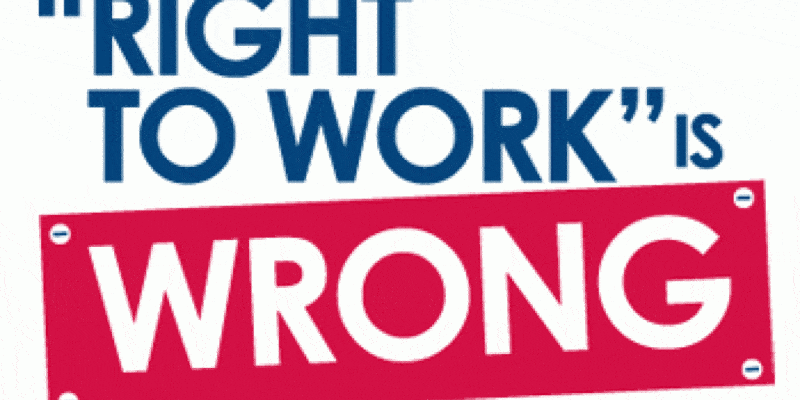Tim Rowden
February 24, 2025
St. Louis – The St. Louis Board of Alderman has unanimously approved a bill that adds prevailing wage requirements to incentivized projects such as TIFs and tax abatement projects and includes apprenticeship healthcare requirements to those projects.
The legislation, Board Bill 155 (BB 155), sponsored by Alderman Bret Narayan (Ward 4), received unanimous approval on Feb. 11, following a lengthy hearing before the Transportation and Commerce Committee on Jan. 30.
“I want to thank Alderman Narayan for filing the legislation and getting it across the finish line,” said Jake Hummel, president of the Missouri AFL-CIO. “This is the culmination of an effort lead by Clint McBride (government affairs director) of Laborers Local 110 and John Stiffler (secretary treasurer) of the St. Louis Building Trades. By working with Mayor Jones’ administration, they were able to craft legislation that will have real meaningful impact on the construction industry.”
The bill, which awaits Mayor Jones’ signature, requires Prevailing Wage on city construction projects of $75,000 or more, and codifies into law women and minority participation goals, residency requirements, and apprenticeship requirements on all abated, Tax Increment Financing (TIF) projects, or city funded projects.
On projects of $400,000 or above, the bill sets a uniform goal that a minimum 20 percent of each contractor’s labor hours be performed by those who are enrolled in an apprenticeship program and sets a goal of 25 percent of labor hours be performed by minorities and seven percent of all contract labor hours be performed by women. In addition, the legislation requires employers to provide healthcare coverage that meets the minimum value standard set out in the Affordable Care Act, unless an employee voluntarily opts out of such coverage, at no cost to the employee.
“Helping to ensure an even playing field for workers is something we should all strive for,” Hummel said. “We all should demand accountability of our tax dollars. This bill goes a long way toward ensuring that bad actors will be held accountable. I look forward to Mayor Jones signing the bill in the near future. Also want to thank Alderwoman Anne Schweitzer (Ward 1) for her dedication to this bill and our members.”









